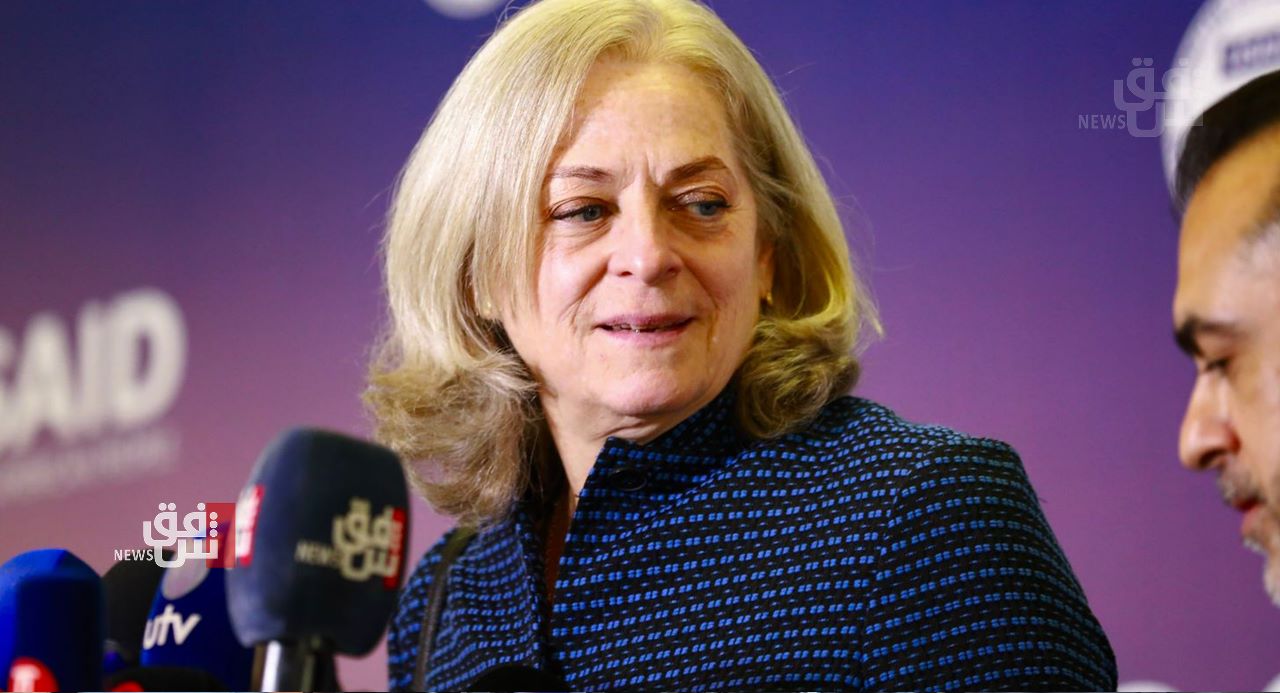


The Central Bank of Iraq (CBI) has officially ratified an electronic payment system, receiving commendation from the US Ambassador to Iraq, Alina Romanowski. The new regulation mandates that entities offering electronic payment services must obtain a license from the CBI and comply with its standards and regulations. This move is part of the Iraqi government's efforts to promote the use of electronic payments and point-of-sale (POS) systems in the country. However, the transition to electronic payment systems has faced resistance from some workers who are concerned about the potential impact on their livelihoods.
To support the implementation of the electronic payment system, the CBI's Board has decided to establish the "National Company for Electronic Payment Systems" nationwide. This initiative aims to facilitate the growth of bank accounts, bank cards, and electronic payment devices. The support provided by Prime Minister Mustafa Al-Kadhimi and the CBI to the banking sector has contributed to the positive development of electronic payments in Iraq.
The CBI's official adoption of the electronic payment system aligns with the global trend of enhancing financial inclusion and promoting secure and efficient digital transactions. The US Ambassador's praise reflects the recognition of Iraq's efforts to modernize its financial infrastructure and promote economic growth through digital transformation. [48829609] [d01dd9e7]
Despite these positive developments, corruption continues to plague Iraq's banking system. Efforts at reform over the past 20 years have not been sufficient to eradicate corruption in the sector. The article from The National highlights the ongoing challenges faced by the banking system in Iraq, with corruption hindering its progress. The specific names, numbers, and dates related to corruption in the sector are not provided in the article. However, it emphasizes that despite the implemented reforms, the banking system remains susceptible to corruption [402ea032].
It is important for Iraq to address the issue of corruption in its banking system to ensure the stability and integrity of the financial sector. This will require further reforms, increased transparency, and stronger measures to combat corruption. By tackling corruption, Iraq can create a more conducive environment for economic growth and attract foreign investment. The ongoing efforts to promote electronic payments and modernize the financial infrastructure should be accompanied by comprehensive anti-corruption measures to ensure the effectiveness of these initiatives.